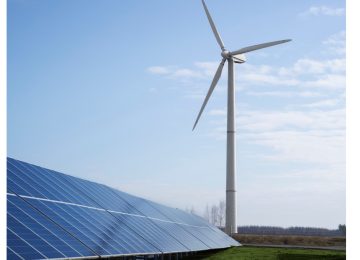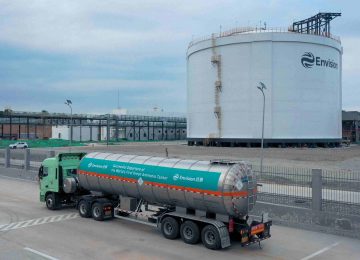India’s mid-market firms are setting a new global benchmark for corporate sustainability, with 79% planning to increase investment in this area over the next 12 months.
This figure, revealed in Grant Thornton Bharat’s International Business Report (IBR) for Q2 2025, is significantly higher than the global average of 56.5%, cementing sustainability as a core strategy rather than a secondary concern. The data indicates a fundamental shift, with Indian businesses viewing green initiatives not as a compliance burden but as a driver of competitiveness, growth, and resilience in the face of global economic pressures.
Commercial value drives green strategy:
The decision to invest heavily in sustainability is overwhelmingly influenced by commercial and competitive factors. Unlike many global peers who prioritize regulation, Indian mid-market firms are primarily motivated by:
• Brand Reputation: Protecting and enhancing their public image.
• Market Competition: Gaining an edge over rivals.
• Employee Expectations: Attracting and retaining top talent.
The focus is clearly on long-term business value. Close to half of Indian firms have already invested in sustainability for over three consecutive years, integrating these initiatives into their core business planning.
“This is not a short-term experiment; it’s a strategic embedding of purpose,” according to the report. “Indian mid-market firms see that sustainability is inseparable from profitability and global competitiveness.”
ESG plans reach high maturity:
The commitment to investment is matched by rapid progress in formalizing Environmental, Social, and Governance (ESG) strategies.
The IBR data shows a high degree of maturity:
• 47% of Indian firms have a fully implemented ESG or sustainability plan.
• 44% are actively developing such a plan.
• Only 9% report having no ESG plan at all.
Moreover, companies are using sustainability to boost their commercial objectives, with most expecting it to enhance long-term revenues and profitability, and 63% seeing it as a gateway to improved access to global markets.
Climate risk fuels adaptation planning:
The Indian mid-market businesses are not ignoring the physical and transition risks associated with climate change. Nearly two-thirds (64%) expect climate change to affect their operations, prompting decisive action.
The top priority for adaptation is the swift move to renewable energy, with 67% of the mid-market companies planning adoption or expansion.
This action is part of a broader resilience plan that includes:
• 60% targeting more sustainable supply chain practices.
• 53% investing in carbon-footprint reduction and climate risk assessments.
Despite challenges like rising energy costs and economic uncertainty, Indian firms are demonstrating resilience, with 75% reporting they are well equipped to manage climate risks.
The report suggests that sustainability is now firmly anchored in long-term strategy and competitive differentiation, rather than being susceptible to shifting political tides.













